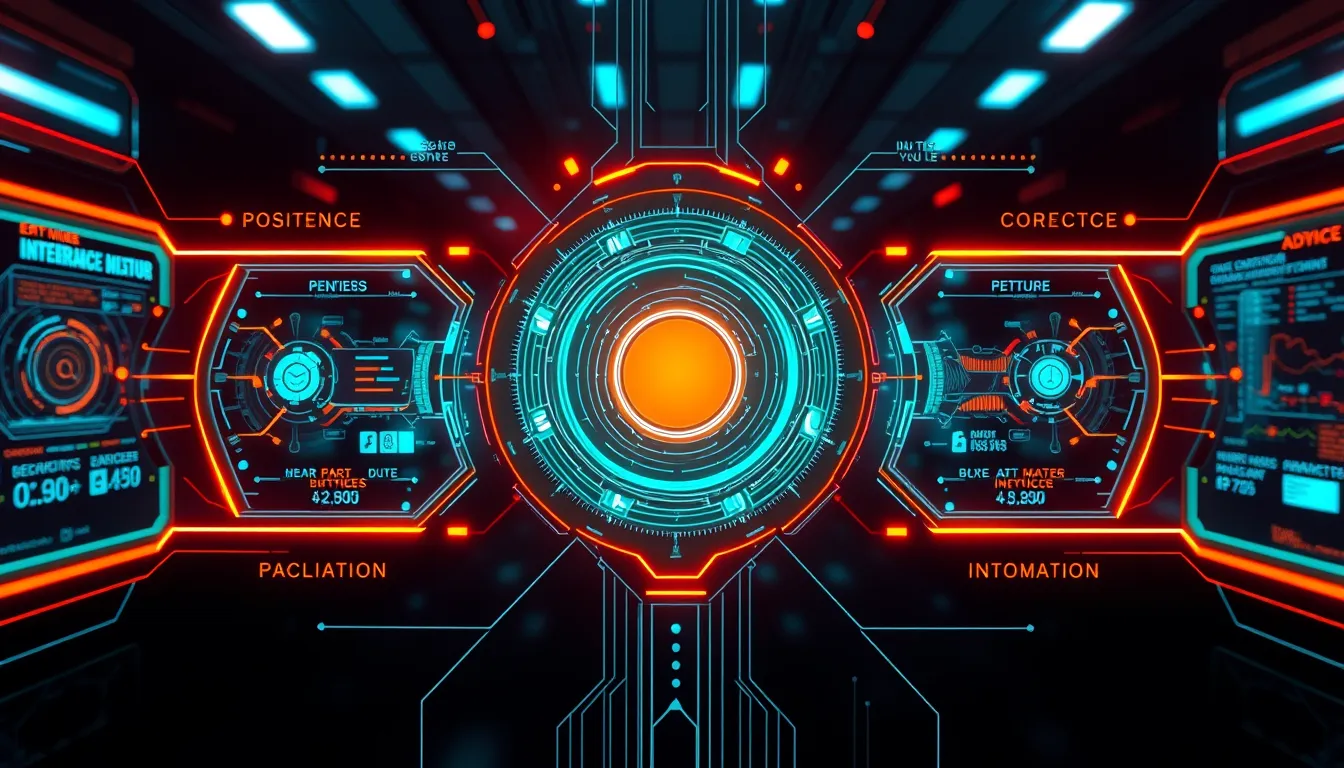Now Reading: Powerful AI in Healthcare Diagnostics: Boosting Patient Care
-
01
Powerful AI in Healthcare Diagnostics: Boosting Patient Care
Powerful AI in Healthcare Diagnostics: Boosting Patient Care

Powerful AI in Healthcare Diagnostics: Boosting Patient Care
The integration of advanced technology in the medical field is revolutionizing patient care. In recent years, AI in healthcare diagnostics has become a key driver in improving diagnostic accuracy and streamlining medical practices. This comprehensive guide will explore how AI in healthcare diagnostics is transforming the industry, highlighting its benefits, challenges, and future prospects.
The Rise of AI in Healthcare Diagnostics
Artificial Intelligence (AI) is no longer a futuristic concept. Today, AI in healthcare diagnostics plays a pivotal role in enhancing the capabilities of medical imaging and disease prediction. With the help of complex algorithms and machine learning models, healthcare professionals can now detect diseases earlier and with greater accuracy. As the technology develops, we are witnessing increasing trends in research and practical application, making this field one of the fastest growing within healthcare.
Key Benefits of AI in Healthcare Diagnostics
Understanding the advantages of AI in healthcare diagnostics can help both professionals and patients appreciate its value. Some of the primary benefits include:
- Improved Diagnostic Accuracy: AI systems analyze medical images with high precision, reducing human error and providing a second opinion for complex cases.
- Faster Results: Automated diagnostic tools quickly process vast amounts of data, enabling healthcare providers to make informed decisions in a timely manner.
- Enhanced Disease Prediction: Through pattern recognition, AI predicts disease progression, allowing for early intervention and better patient outcomes.
How AI in Healthcare Diagnostics is Transforming Medical Imaging
Medical imaging is one of the areas where AI has had the greatest impact. Technologies such as AI-driven CT scans and MRI analysis have made it possible to detect subtle changes in tissues and organs that were previously overlooked. This section delves into the specific applications of AI within medical imaging:
- Automated Image Analysis: AI algorithms analyze imaging data to quickly identify anomalies that might suggest the presence of cancer, neurological disorders, or cardiovascular diseases.
- Enhanced Detection Methods: By combining traditional imaging techniques with computerized analysis, healthcare professionals achieve a level of diagnostic accuracy that was unattainable before the advent of AI.
- Continuous Learning and Improvement: Machine learning models continuously adapt to new data, refining their predictive capabilities and thus steadily increasing the reliability of diagnostic outcomes.
Overcoming Challenges in Implementing AI Solutions
Despite its promising benefits, integrating AI in healthcare diagnostics is not without challenges. Some of these challenges include:
- Data Privacy Concerns: Protecting sensitive patient data remains a top priority. Healthcare providers must comply with strict regulatory standards to ensure confidentiality.
- Integration Complexity: Implementing AI tools in existing healthcare systems requires significant investment in both time and resources.
- Need for Skilled Professionals: Medical practitioners and data scientists must work together to interpret AI findings accurately and integrate them into patient care.
Practical Insights: How AI Improves Diagnostic Accuracy
Recent studies have shown that AI in healthcare diagnostics increases diagnostic accuracy by providing doctors with a reliable second opinion. For instance, in complex cases where the standard analysis does not reveal clear results, AI systems step in to highlight minute details, thus ensuring a comprehensive review of imaging data. Here are further insights on how this technology is reshaping practices across the board:
- Enhanced Accuracy: Regular use of AI leads to a notable reduction in false positives and negatives, which directly correlates to improved patient outcomes.
- Streamlined Operations: Automated diagnostics means that healthcare providers can handle a larger volume of cases, optimizing operational efficiency.
- Real-world Success: Numerous health institutions worldwide are already reaping the benefits of AI-driven diagnostics. For more information on technology in healthcare, visit reputable sites such as the U.S. National Library of Medicine or Medical News Today (https://www.medicalnewstoday.com/).
The Future of AI in Healthcare Diagnostics
Looking ahead, the future of AI in healthcare diagnostics is filled with immense potential and ongoing innovations. As the technology evolves, we expect to see:
- Broader Adoption: More healthcare facilities will integrate AI-driven diagnostics, leading to universal improvements in patient care.
- Increased Collaboration: Collaboration between tech companies and healthcare providers, such as partnerships with companies like OpenAI (https://openai.com), will drive further advancements.
- Advanced Predictive Analytics: With continuous learning and data accumulation, AI systems will become even more adept at predicting complex disease patterns.
Conclusion
In summary, AI in healthcare diagnostics is a transformative force that holds the promise of a new era in medical care. The benefits, including improved accuracy, lower costs, and rapid diagnostic processes, are reshaping the medical landscape. By embracing these technologies and overcoming challenges related to data privacy, integration, and skilled human resources, the healthcare industry can look forward to more efficient and effective patient care. As this field evolves, both practitioners and patients stand to gain immensely from a future where AI integration brings more precise and timely healthcare solutions.
Embracing AI in healthcare diagnostics is not just a technological upgrade; it is a paradigm shift that offers a blend of traditional medical expertise with powerful computational insight. The journey toward fully integrated AI systems is underway, promising a future where every patient benefits from the pinnacle of diagnostic accuracy and enhanced care.

























